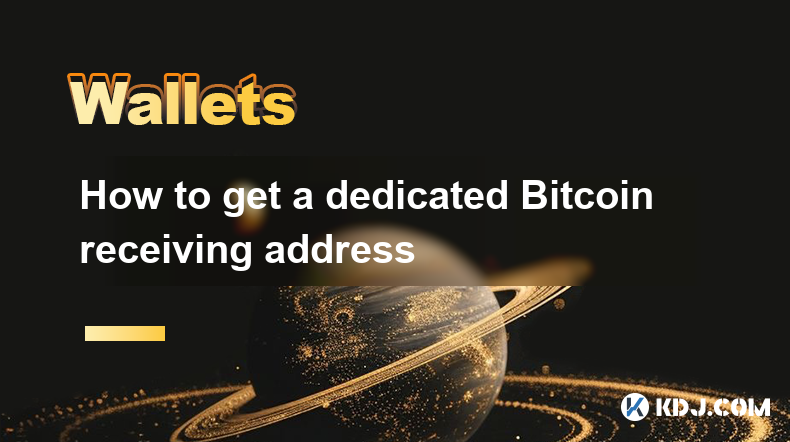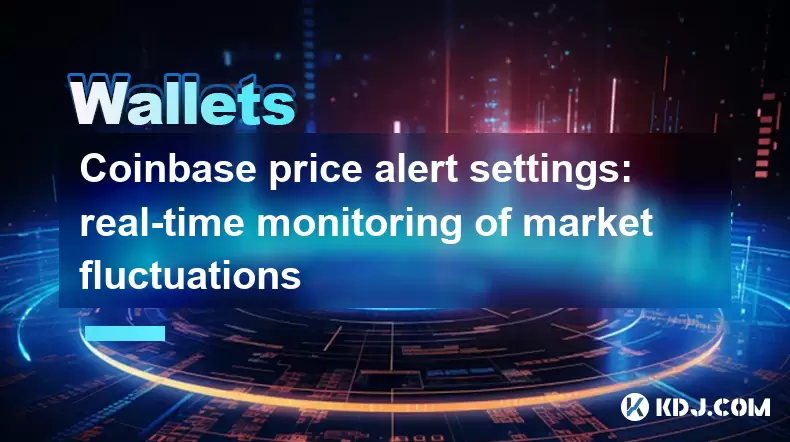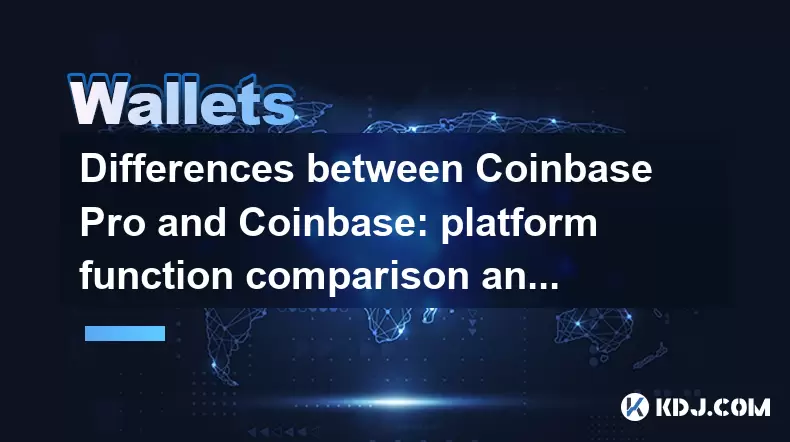-
 Bitcoin
Bitcoin $108,165.4587
0.78% -
 Ethereum
Ethereum $2,456.3517
1.15% -
 Tether USDt
Tether USDt $1.0003
0.00% -
 XRP
XRP $2.1934
0.05% -
 BNB
BNB $650.0935
0.52% -
 Solana
Solana $151.3905
2.69% -
 USDC
USDC $0.9998
0.00% -
 TRON
TRON $0.2751
-0.32% -
 Dogecoin
Dogecoin $0.1640
0.87% -
 Cardano
Cardano $0.5631
0.57% -
 Hyperliquid
Hyperliquid $38.7115
4.69% -
 Bitcoin Cash
Bitcoin Cash $493.1868
-0.39% -
 Sui
Sui $2.8217
3.61% -
 Chainlink
Chainlink $13.3994
2.08% -
 UNUS SED LEO
UNUS SED LEO $9.1632
0.94% -
 Avalanche
Avalanche $18.0318
1.97% -
 Stellar
Stellar $0.2388
0.35% -
 Toncoin
Toncoin $2.8763
1.41% -
 Shiba Inu
Shiba Inu $0.0...01160
1.59% -
 Litecoin
Litecoin $86.6393
1.29% -
 Hedera
Hedera $0.1485
0.16% -
 Monero
Monero $315.7948
1.56% -
 Polkadot
Polkadot $3.4240
1.88% -
 Bitget Token
Bitget Token $4.6314
-0.44% -
 Dai
Dai $0.9998
-0.01% -
 Ethena USDe
Ethena USDe $1.0002
-0.01% -
 Uniswap
Uniswap $7.2110
2.59% -
 Aave
Aave $270.6087
6.07% -
 Pi
Pi $0.5350
0.52% -
 Pepe
Pepe $0.0...09545
1.26%
How to get a dedicated Bitcoin receiving address
Bitcoin receiving addresses enhance privacy and security; generate a new one for each transaction to prevent tracking on the blockchain.
Apr 02, 2025 at 08:00 pm

Understanding Bitcoin Receiving Addresses
A Bitcoin receiving address is essentially a unique identifier, like a bank account number, used to receive Bitcoin payments. Unlike bank accounts, however, you can generate many Bitcoin receiving addresses from a single wallet. Using a new address for each transaction enhances your privacy and security. It prevents anyone from tracking your transactions by linking them to a single address. This is crucial for maintaining anonymity on the Bitcoin blockchain. Generating a dedicated address is a simple process, depending on the type of wallet you are using.
Generating a Bitcoin Receiving Address: Different Wallet Types
The method for obtaining a new Bitcoin receiving address varies depending on the type of wallet you utilize. Hardware wallets, software wallets, and web wallets all offer different interfaces and processes. Understanding your specific wallet's functionality is crucial. Improper handling can lead to irreversible loss of funds. Always double-check your actions before confirming any transaction.
Generating Addresses with Hardware Wallets
Hardware wallets, like Ledger and Trezor, are considered the most secure option for storing Bitcoin. They provide an extra layer of security by keeping your private keys offline. To generate a new receiving address:
- Connect your hardware wallet to your computer.
- Open your wallet software.
- Navigate to the "Receive" or "Addresses" section.
- Click on the option to generate a new address.
- Your new address will be displayed on the screen of your hardware wallet and your computer software. Verify the address on both devices before using it.
Remember to always visually verify the address displayed on your hardware wallet against the software interface.
Generating Addresses with Software Wallets
Software wallets, such as Electrum or Bitcoin Core, are installed on your computer. They offer a higher degree of control but require more technical knowledge and carry a higher risk of security breaches if not properly secured. The process for generating a new address usually involves:
- Open your software wallet application.
- Navigate to the "Receive" or "Addresses" section.
- Click on the "New Address" or similar button.
- A new receiving address will be generated and displayed. Copy this address carefully and store it securely. Never share this address with anyone you don't fully trust.
Always back up your wallet's seed phrase or private keys in a secure location. Losing this information means losing access to your Bitcoin.
Generating Addresses with Web Wallets
Web wallets, like Coinbase or Blockchain.com, are accessed through a web browser. While convenient, they are generally considered less secure than hardware or software wallets. The process typically involves:
- Log in to your web wallet account.
- Navigate to the "Receive" section.
- A receiving address will be displayed, often pre-generated. Many web wallets automatically generate a new address for each transaction. However, it's advisable to double-check if the wallet allows for manual generation of new addresses. If it doesn't, be aware that each transaction will be linked to the displayed address.
Always use strong passwords and enable two-factor authentication for added security with web wallets.
Understanding the Importance of Dedicated Addresses
Using a dedicated Bitcoin receiving address for every transaction offers significant advantages. It minimizes the risk of linking multiple transactions to a single address, improving your privacy and reducing the potential for revealing your spending habits. This is particularly important for larger transactions or in situations where anonymity is paramount. This practice is a cornerstone of Bitcoin's design.
Why Multiple Addresses Enhance Privacy
Each Bitcoin transaction is recorded on the public blockchain. While your identity isn't directly linked to your addresses, multiple transactions from the same address can potentially reveal information about your activity. By using a new address for every transaction, you make it much harder to track your spending habits and link them to your identity. This contributes to greater financial privacy.
Security Considerations When Generating Addresses
Always ensure you are using a reputable wallet provider. Download software wallets from official sources only to avoid malware. Never share your private keys or seed phrases with anyone. Regularly back up your wallet's data to prevent loss of funds. Be wary of phishing scams attempting to steal your credentials. These precautions are essential for safeguarding your Bitcoin.
Choosing the Right Wallet for Your Needs
The choice of wallet depends on your technical skills and security preferences. Hardware wallets offer the highest security but require a higher initial investment. Software wallets provide more control but require more technical expertise. Web wallets are convenient but are less secure. Consider your individual needs and risk tolerance when selecting a wallet.
Frequently Asked Questions
Q: Can I reuse a Bitcoin receiving address?
A: Yes, you can reuse a Bitcoin receiving address. However, it's strongly recommended against it for privacy reasons. Reusing addresses makes it easier to track your transactions and potentially link them to your identity.
Q: What happens if I lose my Bitcoin receiving address?
A: If you lose your receiving address, but you still have your private keys or seed phrase associated with your wallet, you can still access your Bitcoin. You can generate a new receiving address from your wallet and receive funds there. However, if you lose both the address and the private keys, your Bitcoin will be lost permanently.
Q: Is it safe to generate addresses online?
A: Generating addresses online is generally safe if you use a reputable wallet provider. However, it's always advisable to verify the legitimacy of the website and ensure you are using a secure connection (HTTPS). Hardware wallets are preferred for maximum security as they generate addresses offline.
Q: How many addresses can I generate?
A: Most wallets allow you to generate an unlimited number of addresses. There is no practical limit to the number of receiving addresses you can create from a single wallet. The number of addresses you need depends on your transaction frequency and privacy preferences.
Q: What if I accidentally use the wrong address?
A: Sending Bitcoin to the wrong address is irreversible. The funds will be lost unless the recipient cooperates to return them. Always double-check the address before confirming any transaction. Take your time and verify the address on multiple occasions.
Disclaimer:info@kdj.com
The information provided is not trading advice. kdj.com does not assume any responsibility for any investments made based on the information provided in this article. Cryptocurrencies are highly volatile and it is highly recommended that you invest with caution after thorough research!
If you believe that the content used on this website infringes your copyright, please contact us immediately (info@kdj.com) and we will delete it promptly.
- ATOM, BNB, BlockDAG: Decoding the Latest Crypto Dynamics in the Concrete Jungle
- 2025-06-30 01:30:11
- Bitcoin's Role in a Weak Dollar World: Crypto Demand and Freedom
- 2025-06-30 00:50:12
- Binance, CZ, and XRP: Navigating the Crypto Currents
- 2025-06-30 00:55:12
- PayPal, PYUSD, and Stellar (XLM:
- 2025-06-30 00:30:12
- Nike, Coinbase, and Large Cap Gainers: What's the Buzz?
- 2025-06-30 00:30:12
- Crypto's Cutting Edge: Web3 AI, Ethereum's Foundation, and Dogecoin's Enduring Meme Magic
- 2025-06-30 01:30:11
Related knowledge

Coinbase price alert settings: real-time monitoring of market fluctuations
Jun 29,2025 at 07:00am
Setting Up Coinbase Price AlertsTo begin real-time monitoring of market fluctuations on Coinbase, users can utilize the built-in price alert feature. This function allows you to receive notifications when a cryptocurrency reaches a specific price point. To access this setting, open the Coinbase app or log in via the web platform. Navigate to the 'Prices...

How to stake cryptocurrencies on Coinbase? Benefits and risks
Jun 27,2025 at 06:36pm
Understanding Cryptocurrency Staking on CoinbaseStaking cryptocurrencies involves locking up digital assets to support the operations of a blockchain network, typically in return for rewards. Coinbase, one of the most popular cryptocurrency exchanges globally, offers staking services for several proof-of-stake (PoS) coins. Users can stake their holdings...

Differences between Coinbase Pro and Coinbase: platform function comparison and analysis
Jun 29,2025 at 08:21am
Overview of Coinbase and Coinbase ProWhen exploring the cryptocurrency trading landscape, users often encounter two platforms under the same parent company: Coinbase and Coinbase Pro. While both are operated by the same organization, they cater to different types of users and offer varying features. Coinbase is primarily designed for beginners and casua...

How to contact Coinbase customer service? Support channels and response times
Jun 28,2025 at 01:29pm
Contacting Coinbase Customer Service: Support Channels and Response TimesIf you're a user of Coinbase, reaching their customer service team may become necessary for various reasons, such as account verification issues, transaction disputes, or technical difficulties. Understanding the different support channels available and what to expect in terms of r...

Coinbase advanced trading function usage tutorial: limit orders and market orders
Jun 28,2025 at 09:07pm
Understanding the Difference Between Limit Orders and Market OrdersWhen using Coinbase's advanced trading features, it is crucial to understand the fundamental difference between limit orders and market orders. A market order executes immediately at the best available price on the market. This type of order ensures that your trade goes through quickly, ...

How to sell Bitcoin on Coinbase? Detailed transaction steps
Jun 29,2025 at 04:22am
Setting Up Your Coinbase Account for TransactionsBefore you can sell Bitcoin on Coinbase, you must ensure your account is fully set up and verified. Coinbase requires identity verification to comply with regulatory standards. This process involves uploading a government-issued ID, confirming your address, and sometimes submitting a selfie holding the ID...

Coinbase price alert settings: real-time monitoring of market fluctuations
Jun 29,2025 at 07:00am
Setting Up Coinbase Price AlertsTo begin real-time monitoring of market fluctuations on Coinbase, users can utilize the built-in price alert feature. This function allows you to receive notifications when a cryptocurrency reaches a specific price point. To access this setting, open the Coinbase app or log in via the web platform. Navigate to the 'Prices...

How to stake cryptocurrencies on Coinbase? Benefits and risks
Jun 27,2025 at 06:36pm
Understanding Cryptocurrency Staking on CoinbaseStaking cryptocurrencies involves locking up digital assets to support the operations of a blockchain network, typically in return for rewards. Coinbase, one of the most popular cryptocurrency exchanges globally, offers staking services for several proof-of-stake (PoS) coins. Users can stake their holdings...

Differences between Coinbase Pro and Coinbase: platform function comparison and analysis
Jun 29,2025 at 08:21am
Overview of Coinbase and Coinbase ProWhen exploring the cryptocurrency trading landscape, users often encounter two platforms under the same parent company: Coinbase and Coinbase Pro. While both are operated by the same organization, they cater to different types of users and offer varying features. Coinbase is primarily designed for beginners and casua...

How to contact Coinbase customer service? Support channels and response times
Jun 28,2025 at 01:29pm
Contacting Coinbase Customer Service: Support Channels and Response TimesIf you're a user of Coinbase, reaching their customer service team may become necessary for various reasons, such as account verification issues, transaction disputes, or technical difficulties. Understanding the different support channels available and what to expect in terms of r...

Coinbase advanced trading function usage tutorial: limit orders and market orders
Jun 28,2025 at 09:07pm
Understanding the Difference Between Limit Orders and Market OrdersWhen using Coinbase's advanced trading features, it is crucial to understand the fundamental difference between limit orders and market orders. A market order executes immediately at the best available price on the market. This type of order ensures that your trade goes through quickly, ...

How to sell Bitcoin on Coinbase? Detailed transaction steps
Jun 29,2025 at 04:22am
Setting Up Your Coinbase Account for TransactionsBefore you can sell Bitcoin on Coinbase, you must ensure your account is fully set up and verified. Coinbase requires identity verification to comply with regulatory standards. This process involves uploading a government-issued ID, confirming your address, and sometimes submitting a selfie holding the ID...
See all articles

























































































